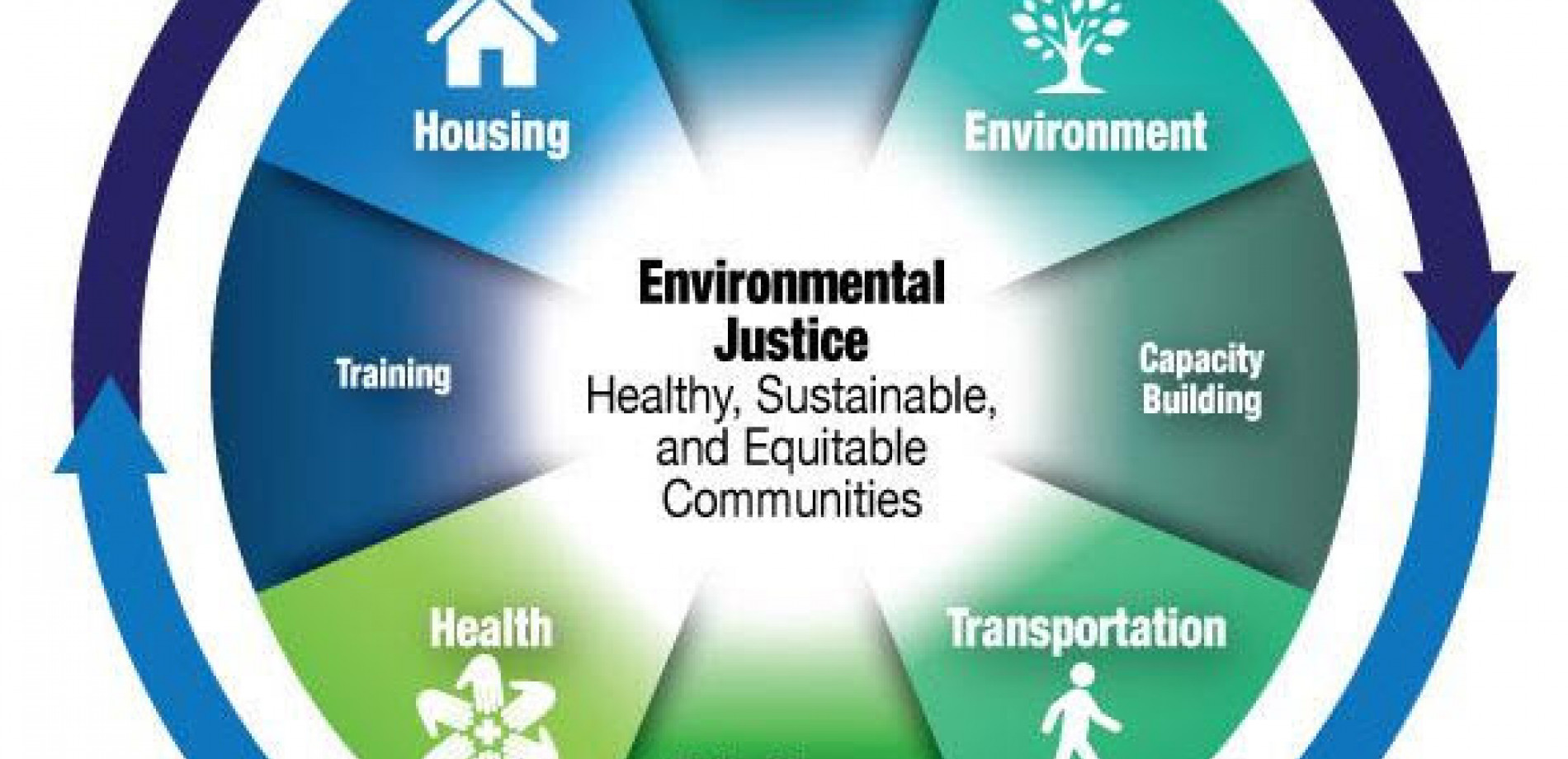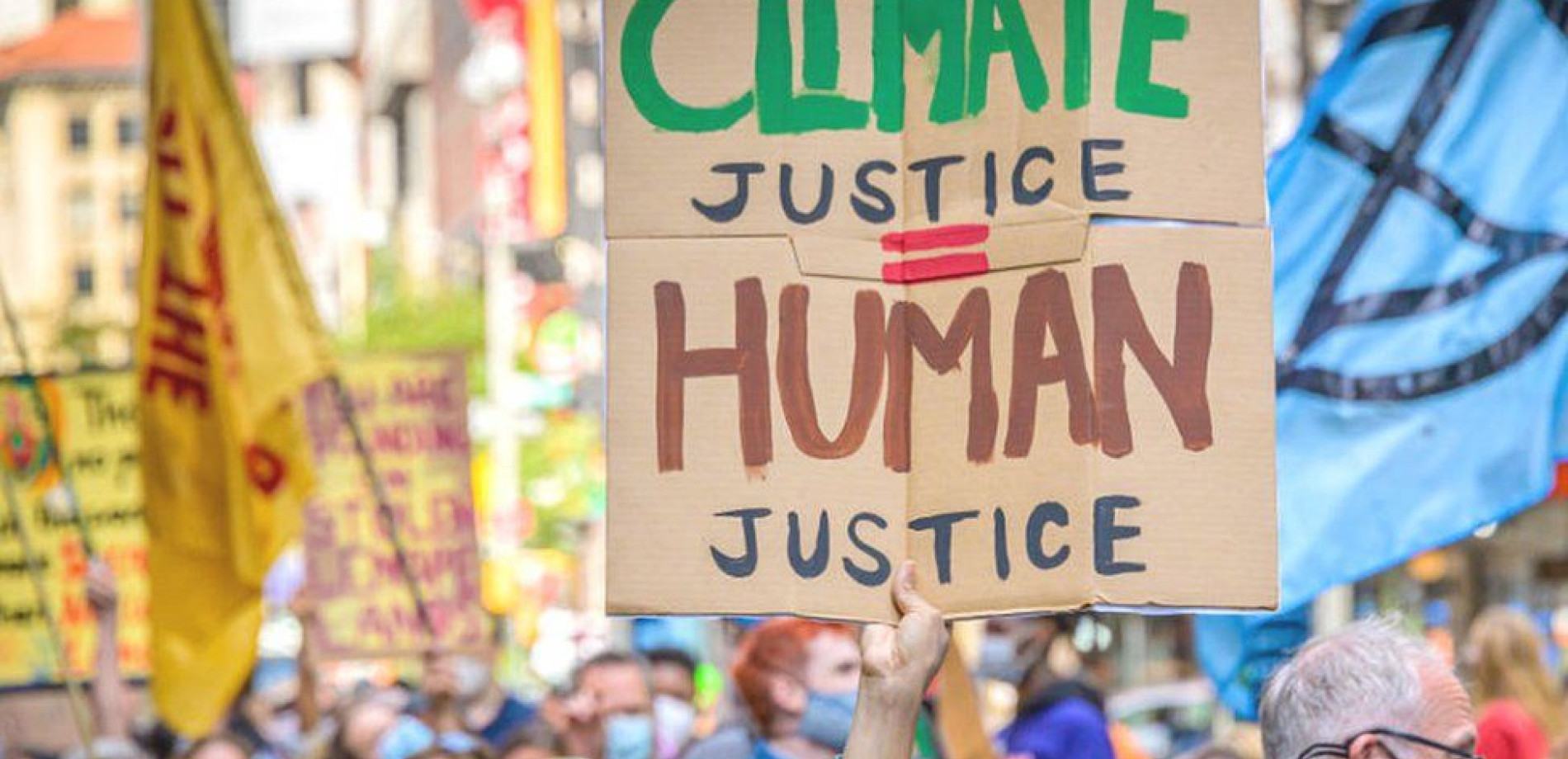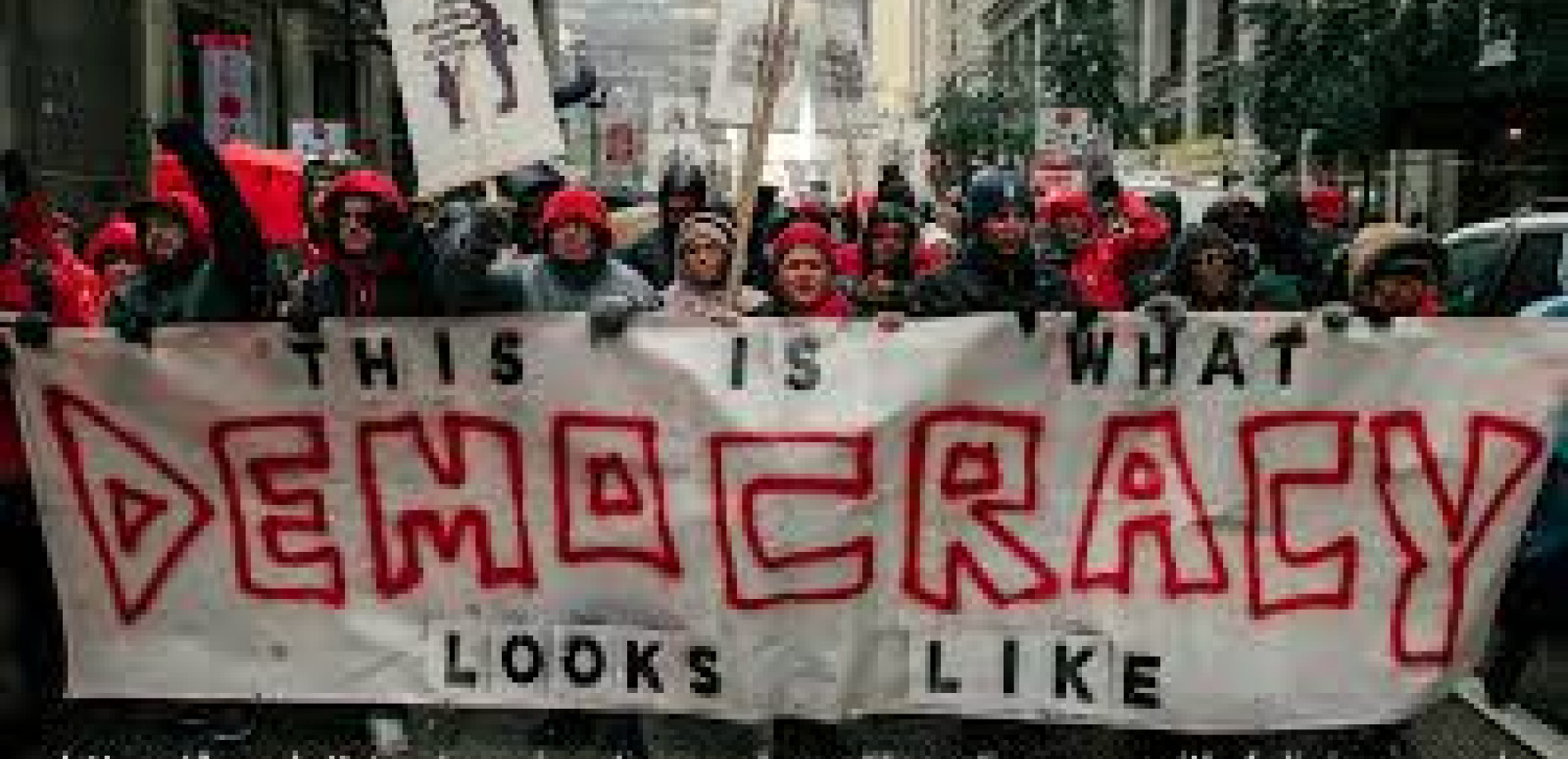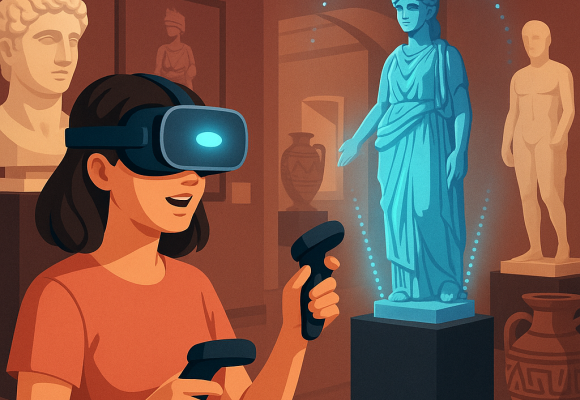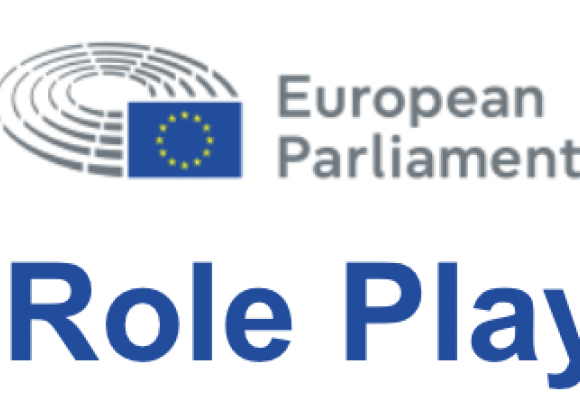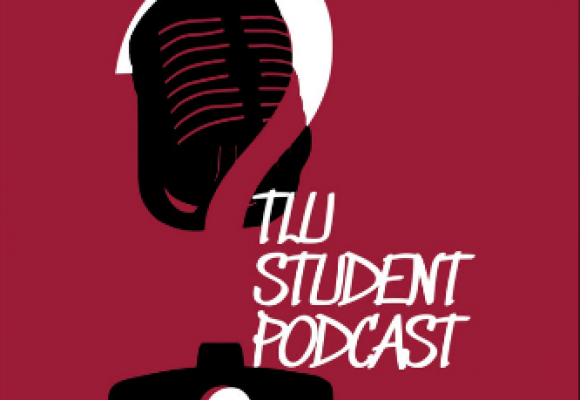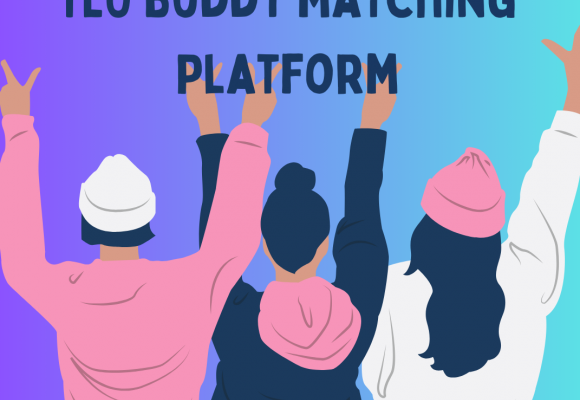Transformative city-making — radical change for an ecologically just future
It is the year 2055. Seven years earlier, the world reached its net zero emissions goals — two years ahead of schedule. It was achieved after a wave of democratic reforms that saw voices from the margins being pushed front and centre. Innovations in digital deliberative democracy processes galvanised a coalition of disparate social movement. If governments wanted to stay in power, they had to address the crises. Corporations were dragged kicking and screaming. Billions in advertising failed to quell the thunderous call for radical action. People did not simply ask politely, but demanded action as if their life depended upon it. Because for many, it did.
The aim of the project
Students will be able to identify many of the ecological justice issues of Tallinn, understand why they persist and how these issues are being addressed in other cities. As an interdisciplinary course, students will employ a range of problem-solving approaches (such as systems thinking). This course offers an excellent opportunity for collaboration, with embedded flexibility that allows students from very different educational backgrounds to engage in an issue that is of great concern to younger generations.
Group members
Asian studies (1)
Audiovisual media (1)
Organizational Behavior (1)
Human Rights in the Digital Society (2)
Environmental Management (1)
Not a Zoo
Group materials
Portfolio - Not a Zoo.pdf (332.96 KB)
Participants
K
Karine Oganesjan
P
Pilip Filimonau
A
Anu Tensing
L
Lili Kalandia
A
Anano Iashvili
K
Ksenia Gromova
Extra information about referencing and rights
When referencing project outcomes, the APA7 citation system is used.
If a work has more than 20 authors, the names of the first 19 authors are listed, followed by an ellipsis (...), and then the name of the final author. If there are fewer than 20 authors, the names of all authors are listed.
Group members
Anthropology (2)
Theory of Culture (1)
Liberal Arts in Humanities (1)
Documentary Film (2)
Educational Innovation and Leadership (1)
Rewinding
Group materials
Rewinding - Project Portfolio .pdf (16.99 MB)
Participants
I
Ieva Lange
K
Käti Romandi
M
Margarete Trumm
H
Heleen Moss
L
Liisi Raidna
R
Ruslan Mustafaev
J
Janne Valtteri Vasarainen
I
Iryna Horpynenko
Extra information about referencing and rights
When referencing project outcomes, the APA7 citation system is used.
If a work has more than 20 authors, the names of the first 19 authors are listed, followed by an ellipsis (...), and then the name of the final author. If there are fewer than 20 authors, the names of all authors are listed.
Group members
Integrated Natural Sciences (2)
European Modern Languages and Cultures (1)
Law (2)
Cycling
Group materials
Team Bike Lane Art_Portfolio.docx (13.14 KB)
Participants
D
Donna-Anna Arvik
A
Alice Hanni
U
Urmet Lokk
D
Doris Abe
A
Anita Šibalova
Extra information about referencing and rights
When referencing project outcomes, the APA7 citation system is used.
If a work has more than 20 authors, the names of the first 19 authors are listed, followed by an ellipsis (...), and then the name of the final author. If there are fewer than 20 authors, the names of all authors are listed.

